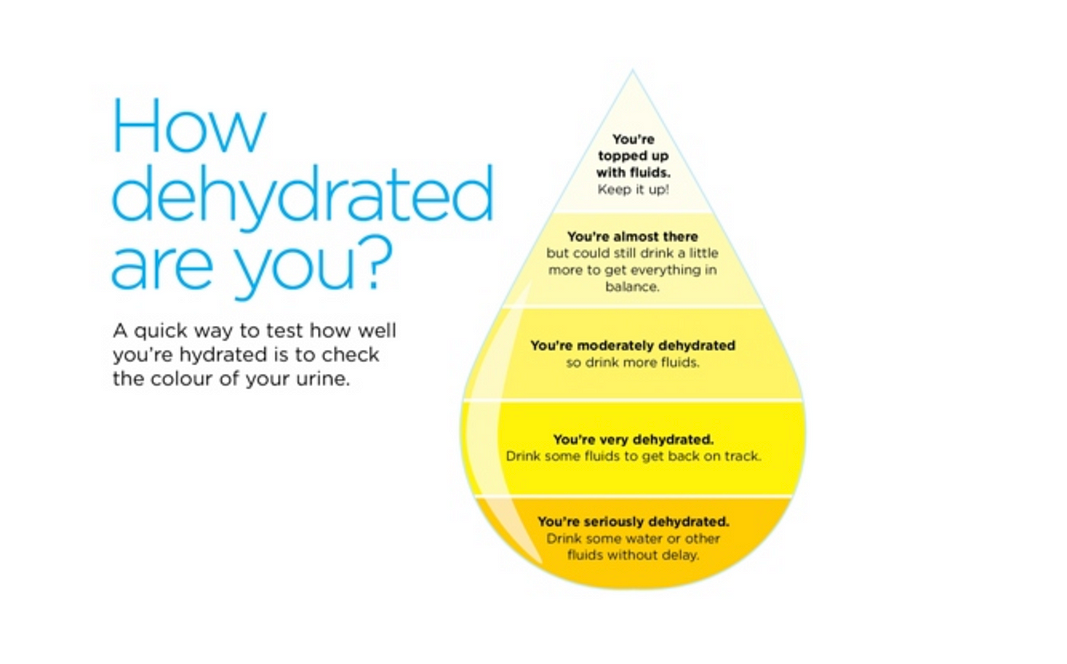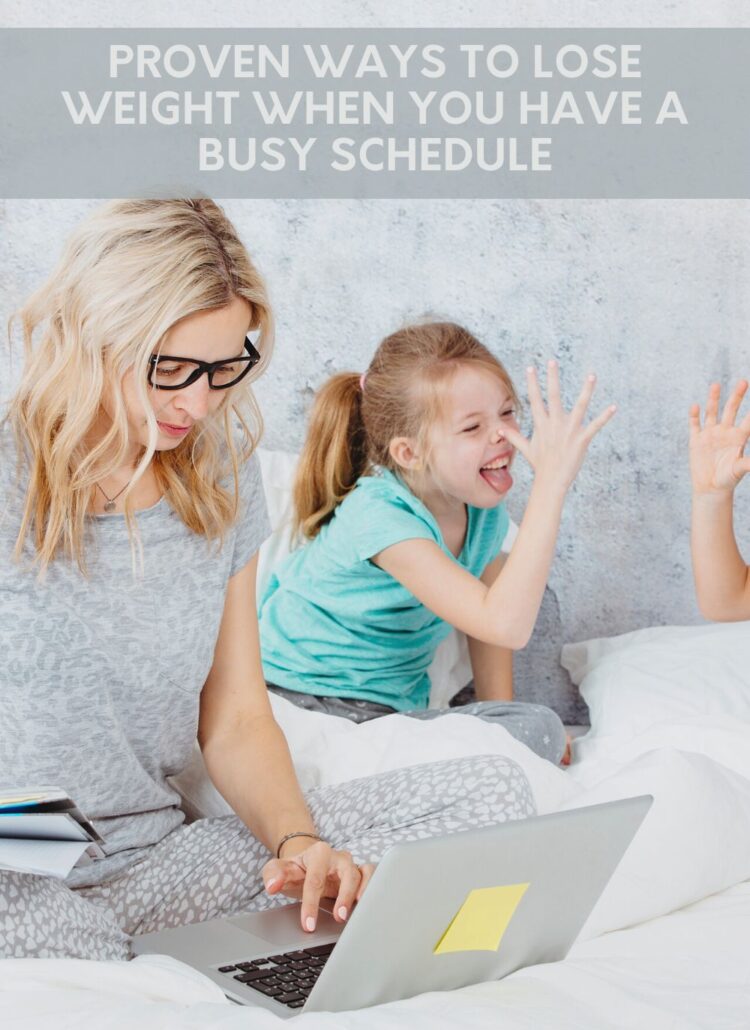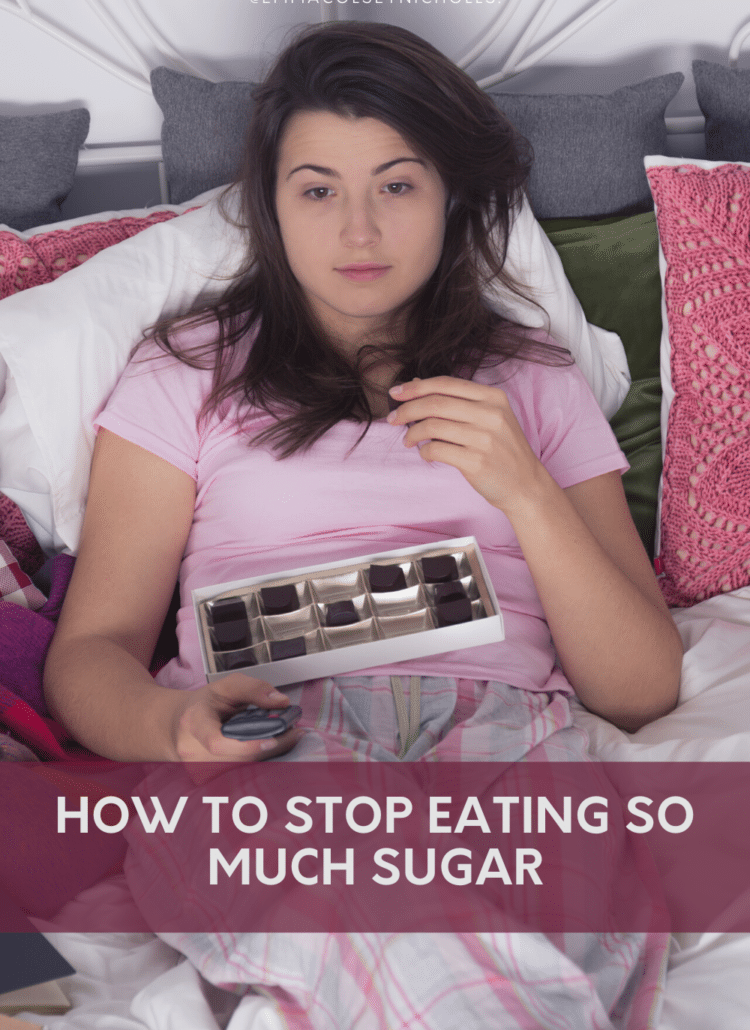Health and energy matter, let’s look at how to reconnect with that

We all want the latest buzz in the world of health and fitness, in search of a quick fix and the answer to feeling better in your body. But the truth of it is, that the basics do not change. Here is how you can start healthy eating and exercise habits in 5 simple steps.
Start with the basics and stop over complicating things.
I have always been into health and fitness, even back at school. I loved taking part in sports from track and field, team games to gymnastics. My adult life consumed with a similar theme, I have taught or taken part in pretty much every fitness class there has ever been, and have also tried every diet under the sun. Over the last 15 years of being a health and lifestyle coach, the number one thing I can share with you about healthy living is….
The basics still don’t change.
I notice this when I take my boys down to gymnastics training. They do many of the same drills and exercises that I used to do when I was doing gymnastics as a kid, some twenty-odd years ago. It’s the same within the workout sessions I teach still today, squats, lunges, pushups and dare I say it, burpees, are never going out of fashion.
So while workouts, diet fads and every other new fitness trend will come and fizzle out, the basics will always remain the same. Because, quite simply, they work!
Sure over time things have evolved, there is more research, better technology, new methodologies, but this can often cause us to overcomplicate things. When you overcomplicate things your mind easily reverts to telling yourself it’s too hard and you are just destined for failure.
Starting health and fitness habits doesn’t have to be as hard as you feel it is right now.
I recently ran a 5-day challenge with my audience, and the impact on their energy levels, focus and motivation was incredible to witness. Coming back to the basics, the space where you lay the strongest foundations for your health and your energy levels.
The results from the challenge really spoke loud and clear, and a strong reminder of just how powerful the basics can be.
At the beginning of the week, I asked the challenge group to rate their energy levels. I asked them again towards the end of the week after completing the 5 basic steps.
Here are some of the responses I received:
“Everyone has woken up in an amazing mood for once! I think the positiveness is rubbing off. And oh my god we all got our first full nights sleep! Made my list this morning. Got dressed, washed my hair and put makeup on. I am ready for today!!!So grateful for this week it’s been a massive turn around for me as I’ve really been struggling these past 3 weeks mentally”
“I managed to wake and easily get up at 6am today, can’t remember a time when I did that without being under duress from a small child waking or having to get to a shift! Feels amazing”
“My energy last Sunday was at a 4, easy. I would say today, I’m a 7 which is huge!! I struggled with sleep the first 2 nights, but once I got my head around the sleep cycles I tried to time my bedtime better and it worked. I’ve woken up each day since, about 5 mins before my alarm and not felt groggy!”
“Energy levels last Sunday — 2. Today — 8 I have slept better the last 2 nights, bizarrely my posture has improved, maybe because I’m feeling much more positive about life.”
And this was just a few of them, there were so many more amazing comments just like this and this was just after 5 days!!!
So here is how I suggest you start your healthy eating and exercising habits before you try and fancy and complicated workout programmes or diets.
1. Hydration
Adequate hydration is one of the most underestimated factors that contribute to good health. Truth is that if your body is dehydrated your body can not function optimally.
Water is required for every single process within the body from your digestive system, your metabolism, energy levels, the function of your vital organs including your brain. So if you aren’t getting enough it is understandable you can get fatigued and irritable from something as simple as actually being thirsty.
As little as a 2% drop in hydration can produce a reduction in cognitive function. Reducing your ability to make good decisions, reducing reaction times, reducing attention span, so much can become compromised.
There is some debate over how much is actually enough, as it’s very individualized, but a good rule of thumb is to go half your body weight in pounds and drink that amount in ounces.
So for example, I am 11 stone and so approximately 154lb / that would be around 77oz which in European measures equates to about 2.2Litres a day.
I tend to aim for 2.5- 3 Litres to be on the safe side, and generally because of how thirsty I feel.
The other trusted method to check your hydration levels is to check the color of your pee (check on the chart below).

There are a lot of physical and energetic benefits of just drinking more water. Plain old water that is free from your tap!
How To Do It:
Work out your guide amount. Get yourself a water bottle that is about to become your new best friend and take it EVERYWHERE with you as you are committing to drinking at least 2 Litres(for most people) each and every day, but the key signal to be checking for is that your pee is a pale straw color. If your wee is still yellow, you need to drink more water.
It’s that simple!!!
Remember, don’t overcomplicate this, just drink up to raise your energy, your metabolism, improve weight loss and a bazillion more other reasons. Want to read up on more of them you can head over to Watercure.
2. Sleep
Sleep is one HUGE component of health and is often not given the respect it deserves. I LOVE my sleep and notice huge differences in my mood, my ability to workout and also the food choices that I make when I have not had enough of it. Truth is, I am a MUCH better human being when I am well-rested.
There has been a TON of studies into sleep, and it shows that sleep deprivation is actually going to shorten your life and some studies say that sleep deprivation is as damaging as smoking!!!!
You may think you are being all healthy, making your good food choices and working out, and not smoking but then hustling yourself into the ground and not getting adequate sleep, you could be causing unseen damage to your body and your brain.
“Devastating diseases such as Alzheimer’s, cancer, obesity and diabetes all have links with deficient sleep” says Matthew Walker Author of best selling book Why We Sleep.
Sleep is the time that your body rests and recovers. All the efforts that you put in during the day whether that is eating healthy foods, working out, learning and processing information, all of that is stored and utlized within the body when you sleep. If you aren’t getting enough sleep, your body cannot do this and your health can be compromised.
Sleep is also the reset button for your hormones too and hormones play a HUGE part in your hunger, cravings and motivation.
If you are sleep deprived, the body can have 20% more Ghrelin, this is your go hormone, and the one that tells you that you are hungry. The opposite of that is Leptin, this is the hormone that tells you when you are full, and when to stop eating. Leptin is 15% lower in people who are sleep deprived. If you are not getting enough sleep you are fighting a losing battle if you are also trying to lose weight.
The amount of sleep needed is as always a very individualized prescription, but as we are working with simplicity for these steps, a good starting point to start experimenting with is going to lie somewhere between 6–8 hours a night.
Some people can naturally do ok on less, some people may need more. It’s important for you to start to tune in with your body and consider how much you feel you need to wake up feeling rested in the morning.
Consider what type of person you are, do you know how many hours you generally feel good on?
How To Do It:
Consider how much sleep you are getting and then get intentional about making sure that you are actually getting enough of it.
Decide on your ideal wake up time, then work back in hours on your perceived ideal sleep time and set your bedtime for this evening. The body works in 90-minute sleep cycles and so work out how many 90 min blocks you require (around 4 or 5) and work it back to find your ideal sleep time. You are going to feel better if you can go to sleep and wake at the same time each day so that your body can settle in with its natural circadian rhythm.
3. Breathe
The next fix is to look at the breath, in essence, breathing. It’s a natural human function, our bodies do it without us having to think about it. Yet as more and more people are living lives at such a fast pace, what is happening we are becoming chronic shallow breathing creatures. We breath fast and it’s up in the chest, it’s no wonder that stress and anxiety are becoming a major problem in the modern-day world.
We have probably all been told the advice of ‘just slow down and take a breath’, and that is exactly what this next basic habit is encouraging you to do.
I recommend getting started with a basic twice-daily breathing technique that will help you manage stress, reduce anxiety but also encourages diaphragmatic breathing. Pulling you out of the constant fight or flight (stress) response of the body and into the parasympathetic nervous system which is our rest and relaxation mode. The space where the body can calm and function as it was designed to do.
How To Do It
There are many breathing practices, yet again to share a simplistic technique, I’m going to recommend the 4–7–8 technique. A practice that takes less than 2 minutes to be done once in the morning just after waking up, and then again in the evening before bed.
To use the 4–7–8 technique, focus on the following breathing pattern:
- empty the lungs of air
- breathe in quietly through the nose for 4 seconds
- hold the breath for a count of 7 seconds
- exhale forcefully through the mouth, pursing the lips and making a “whoosh” sound, for 8 seconds
- repeat the cycle up to 4 times
You can get the free app to help you with this as it counts you, and can also send you reminders to make sure you don’t forget.
4. Move
Of course, we all know that moving our bodies is beneficial to our health and wellbeing, but how many of you are making it a daily intention?
I’m not talking about having to go and do a hardcore workout each and every day but simply adding in a little more movement to our lives. Especially if you have been working at home and have even less movement in your life than usual.
We ALL feel better when we have been and moved, both physically and mentally.
So your challenge is to move, doing at least 30 mins of activity, a workout, or hitting at least 10k steps.
So even on non-workout days, you are working in increasing your Non-Exercise Activity Thermogenesis (NEAT), this is the number of calories you burn through your non-exercise activities.
How active you are outside of your workouts can have a big impact on your health but also for those of you who are trying to, it can also impact your fat loss efforts. Because if you want to release body fat it comes down to being able to burn more calories than you consume.
Sitting you can burn roughly 5kcal per hour, standing you can triple that to 15kcal per hour, start walking and you can burn up to 230kcal per hour. This highlights just how much simply moving around can impact your calorie count over the course of a day, a week, a month.
How To Do It:
The emphasis around us getting up and moving each day outside of your regular workouts with either a 30 min walk, or targeting to hit 10k steps per day.
Plus I haven’t even mentioned the psychological benefits of getting up and moving in the day. It helps you to refocus, it helps you to reduce stress and decompress and if you have the added bonus of getting outside to walk then that’s going to be even more beneficial.
5. Find Your Morning Flow
How you start your day matters, and I believe that starting it with intention MASSIVELY impacts your day and in turn will improve your ability to stick with your health goals and achieve your results.
There is a good reason that there are a bazillion articles on cultivating a morning routine, and that’s because many high performers swear by it. From my own experience, a morning routine has been something of a game-changer for me, so it’s something I always include when working with my own clients.
This isn’t about the time of day that you get up, but what you do with your time first thing in the morning.
Shifting from getting up and straight away being on the back foot as you rush around shoving your breakfast down your neck before you fly out of the door. Versus creating space in the morning, setting the tone for your energy and your vibe and getting clear about the action steps you want to make happen.
How To Do It:
I have created a powerful 15 minute morning flow that I introduce to my clients to get started with. While its a base template to get started with, I encourage you to find your own practices that support you in starting the day with calm and setting the vibe and intentions for what you want to create in your life.
1 . Breathing This is calming the body and the nervous system and oxygenating the body. You have already been doing this step so it’s really about implementing it consistently into your morning.
2. The Vision Taking a moment to ask yourself what your ideal day looks like. What do you want to achieve? What do you want your energy levels to be like? How do you want to show up in your day? With your confidence? With your energy levels? What foods you eat, how you move, your levels of happiness? See it in your mind, visualize it, feel it, write it out as if you are living it.
3. Plan It Write out your action steps using a planner.
Ask yourself, what are the steps you want to complete today? Keep it short, the fewer items the better and then step into taking action on these as early in the day as you can.
15 minutes a day to start it off with intention and excitement for what’s possible when you step into this.
Once you have created your plan, you then have to go and actually take action on it.
Whatever you are looking to accomplish in your life, always remember to keep it simple.
Just be persistent and consistent over and over again and the basics will serve you well.
Each of these habits doesn’t take a lot of time, but when applied regularly, they have a huge impact on your health, your energy and your ability to keep focused on your goals.



Leave a Reply